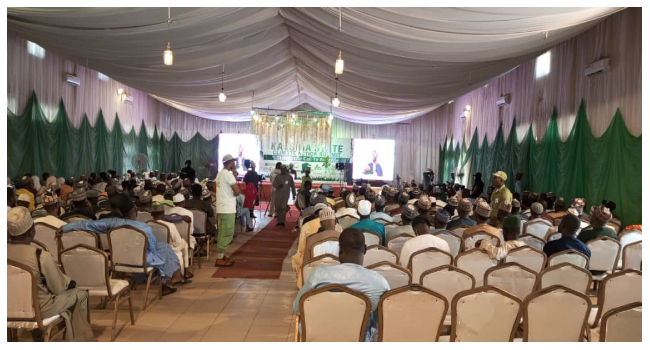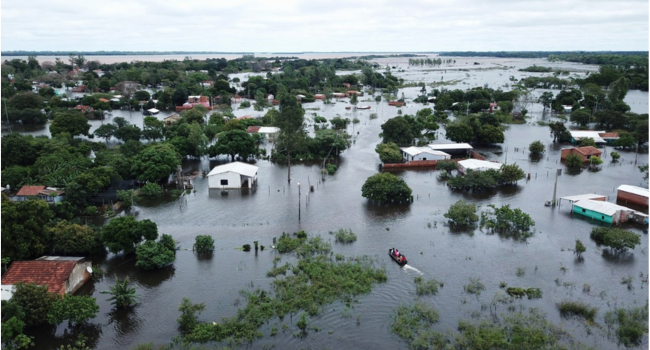Stakeholders in Katsina State have criticised the Federal Government’s policy on subsidy removal as having adverse effects on the climate, food security and economic development.
According to them, when people, individuals and households can no longer afford to buy gas or kerosene to cook, they resort to cutting down trees to produce charcoal as a substitute.
Speaking on a one-day Climate Action Summit with the theme ‘Our Call To Action,’ on Sunday in the state capital, the convener of the summit, Dr Mustapha Shehu, explained that the summit was born out of the fact that Katsina and other Northwestern states, had in the last two months, experienced an excessive increase in whether change running up to 44 degrees.
Shehu, therefore, stressed the need for the government to besides revenue generation, also look at the implications of indiscriminate cutting down of trees which is affecting the populace.
“Energy especially for use in the house cooking and other normal day life, is very important and necessity for all human beings, but some of the stringed policies of the Federal Government like removal of fuel, gas and other related products subsidies is creating a lot of havoc.
“So it’s high time for the government to understand that, besides revenue generation, it should look at the implications of cutting trees which is affecting everyone.
“No matter the action we are going to take here, climate education is very key to ensure a clean and climate-friendly Katsina State otherwise, some of the actions we take could even be adverse in addressing climate change.
“Already neighboring states and countries have started showing signs of excessive adverse effects of the climate change hence, the need to ensure that the environment is made friendly for citizens,” Shehu noted.
The stakeholders largely drawn from the 34 Local Government Areas, mostly from the Ministry of Environment, Nigerian Meteorological Agency (NIMET), and Department of Geography among others, were collaborating with different organisations, ministries, departments, and agencies, to introduce the summit through climate education, discussion on necessary collective actions as citizens, on ways to support government actions to reduce the effect of climate change.




